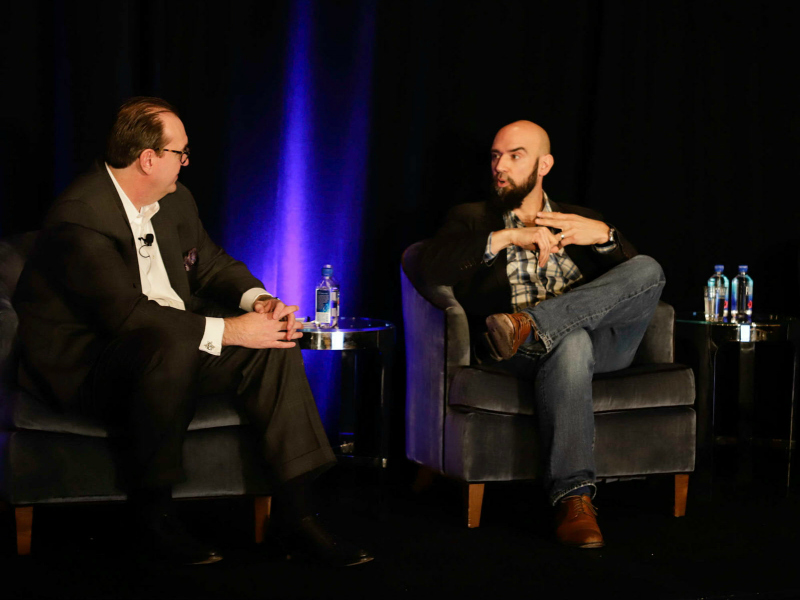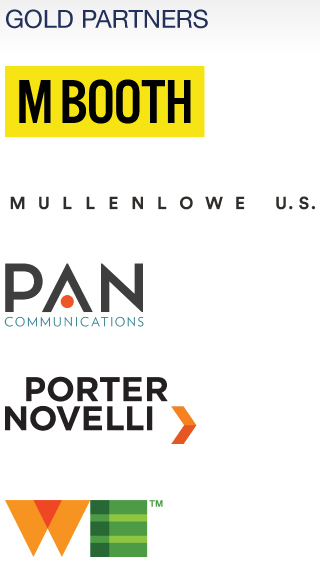Aarti Shah 14 Feb 2018 // 4:58AM GMT

NEW YORK — Ben & Jerry’s head of PR Sean Greenwood talked about how the company balances maintaining profitability with taking bold stands — like publicly supporting Black Lives Matter and addressing income inequality — at the In2 Summit in New York on Tuesday.
Greenwood said that Ben & Jerry’s customer base spans a wide range. According to its own research, its customers are equally distributed across three camps: those who support the company’s social and political stances; those who are aware the company “does good” but are unclear on specifics; and those focused only on the ice cream.
The session was moderated by Porter Novelli CEO Brad MacAfee. He presented 2017 research from Cone Communications that showed 89% of consumers will switch brands to one supporting a social and environmental benefit.
Even so, Ben & Jerry’s hasn’t shied away from taking on some of the most polarizing causes of the moment. In 2016, the ice cream maker launched — in conjunction with the NAACP — an ‘EMPOWERmint’ with an emphasis around black voter turnout in highly-gerrymandered purple states like North Carolina. The tagline was “We believe democracy only works when it works for everyone.” The campaign evolved to a full embrace of Black Lives Matter as police shootings of black Americans came to the forefront throughout the year.
“We were reacting to what we was happening in the world,” Greenwood said. At the end of 2017, the ice company put its support behind Rev. Dr. William J. Barber’s new Poor People’s Campaign “calling for nothing less than a moral, economic, and political revolution and revitalization of American society.”
“We believe business is the most powerful force in this country and the globe — and we ask ourselves, how do we use that for good?” Greenwood said. “We try to concentrate our efforts to make a bigger impact.”
When asked how Ben & Jerry’s sale to Unilever in 2001 impacted it social purpose, Greenwood noted the conglomerate has itself evolved on this. He recalled when the ice maker was sold to Unilever the CEO at the time spoke about the revenue that Ben & Jerry’s would bring to the company; meanwhile, in 2016 when Unilever bought Seventh Generation, the CEO’s comment reflected how Seventh Generation would expand Unilever’s values.
“When you are coming from a place of caring — not viewing this as a marketing investment — your fans, consumers and the media are more open and give you the room to fail.” he said.


































.jpg)










.tmb-135x100.jpg)








